-
08 december, 2023
![Development of rural education in Kazakhstan discussed at QYZPU]()
The Kazakh National Women's Teacher Training University became a platform for an important discussion on rural education. The event brought together important players and change agents ready to discuss and develop strategies for the development of education in rural areas. Active dialogues, sharing experiences and informing stakeholders were the objectives of the roundtable "Rural Education in Kazakhstan: Research and Development cases" organised by the Centre for Rural Education Development.
The important topic of teacher quality in rural schools in Kazakhstan was raised by Duishon Shamatov, Associate Professor at Nazarbayev University. His presentation highlighted key problems and possible solutions to improve the professionalism of the teaching corps in remote areas. Melyssa Fuqua, a postdoctoral student from the University of Melbourne, brought international experience in rural education research. Her paper "Perennial Topics and Trends in Rural Education in Australia" was an important source of knowledge sharing and transfer of successful practices.
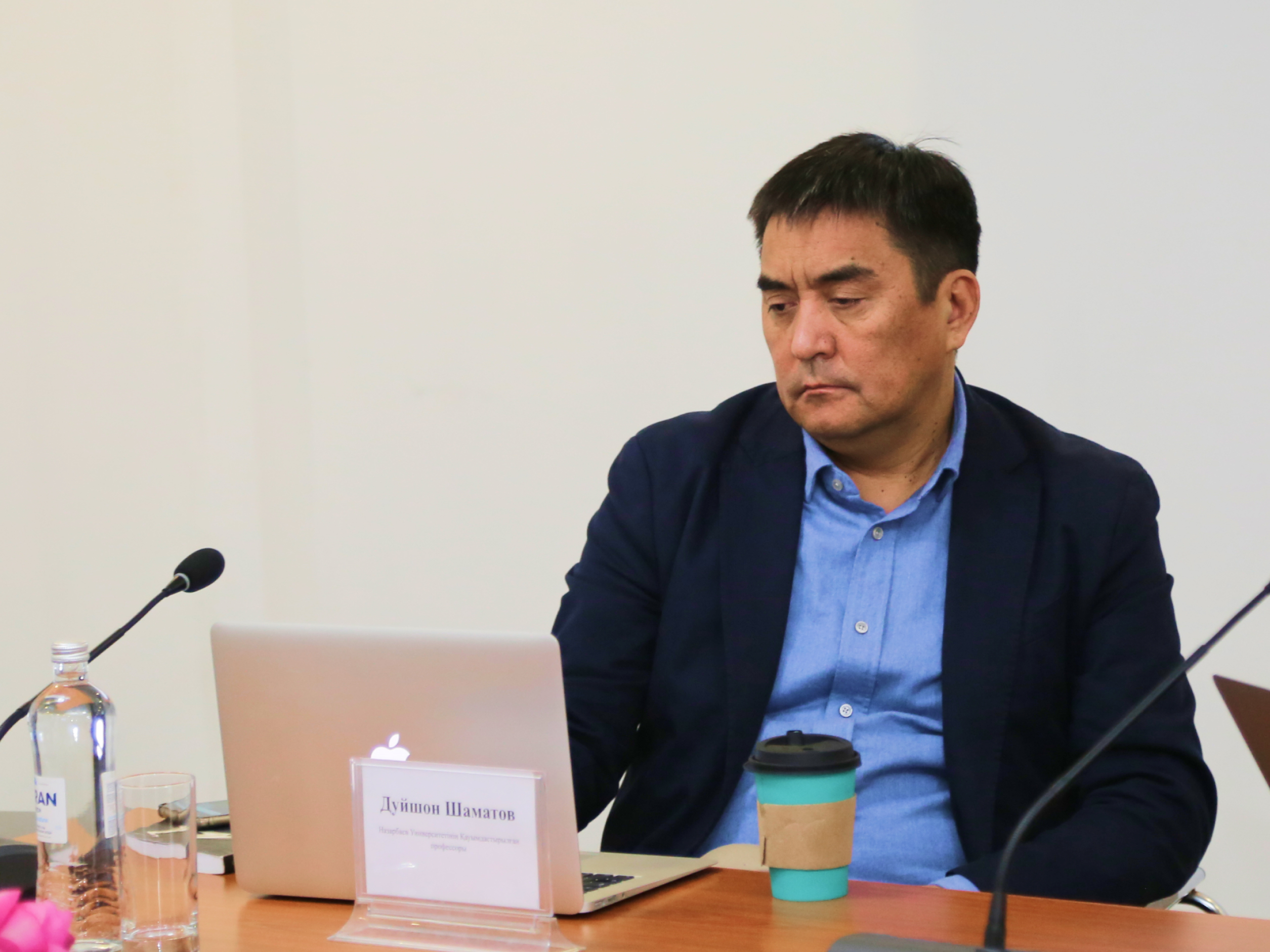
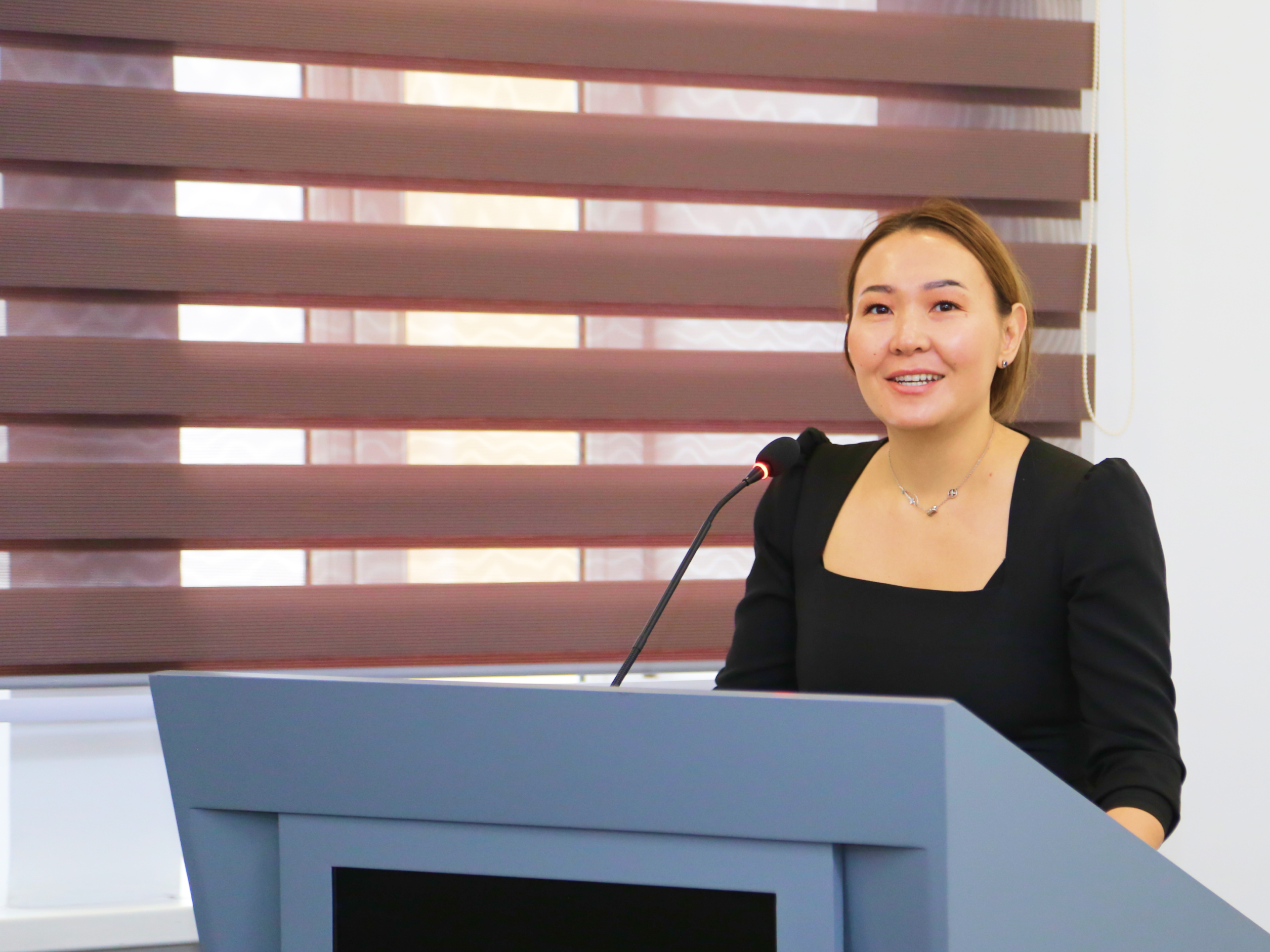
The issue of the role of community in regional development was addressed by El Karmanova, founder of Community. Her presentation emphasised the impact of community initiatives on improving educational processes in rural areas. Amirkhan Saulembekov, Project Coordinator of Bilim-Innovation, presented the report "Professional Development of Teachers Rural in rural schools". His presentation touched upon the issues of training and development of teachers working in rural schools.
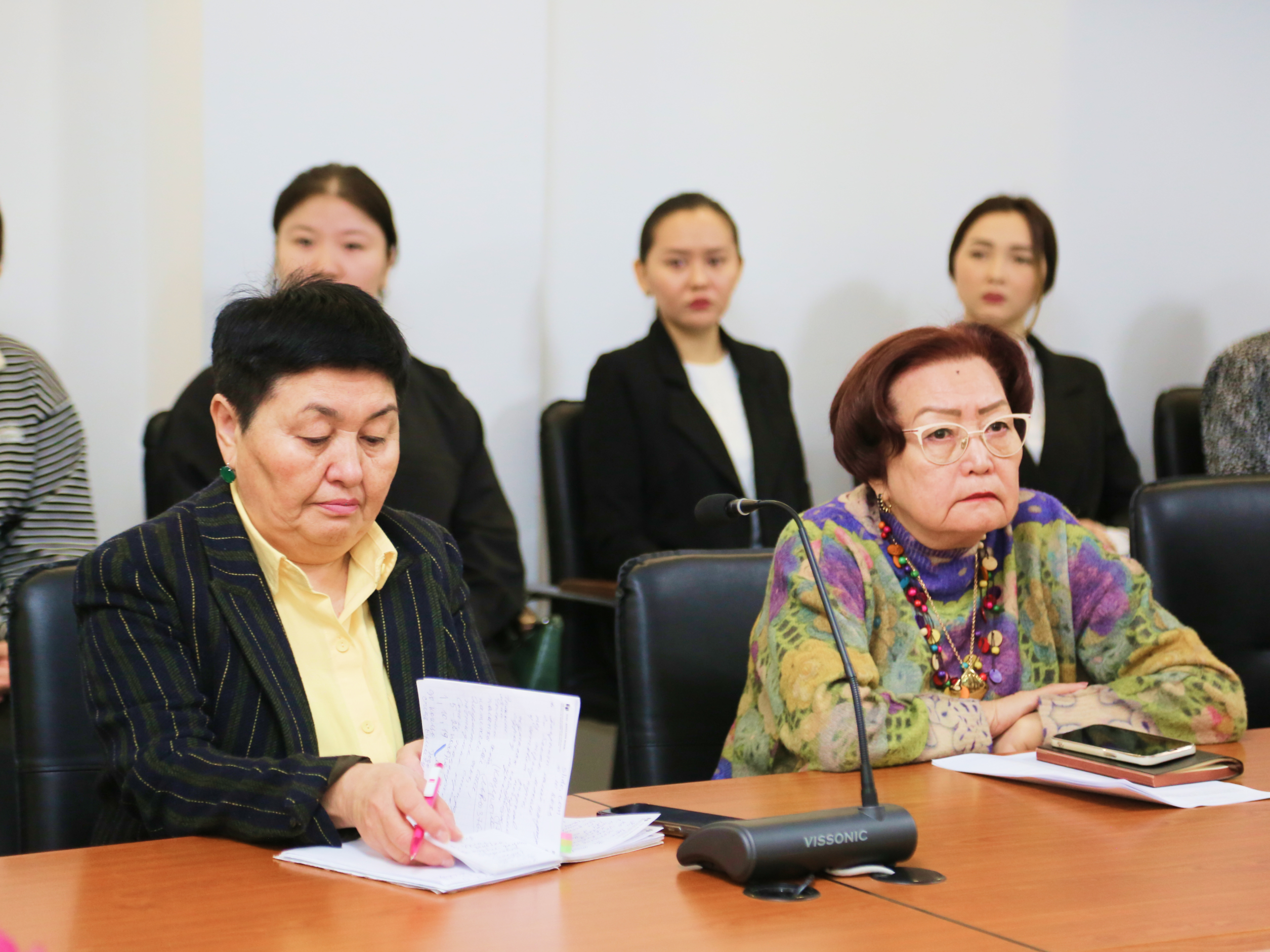
Gulnara Salmen, CEO of TFQ, presented the Teach for Qazaqstan programme. Her presentation was a practical example of successful initiatives aimed at improving education in rural areas. Dinara Isenova, Director of Partnerships and External Communications at Aul.Inspired, presented the pilot project "Aul.Inspired: Implementing Social-Emotional Learning Tools for Rural English Teachers". Her presentation emphasised the importance of introducing innovative teaching methods.
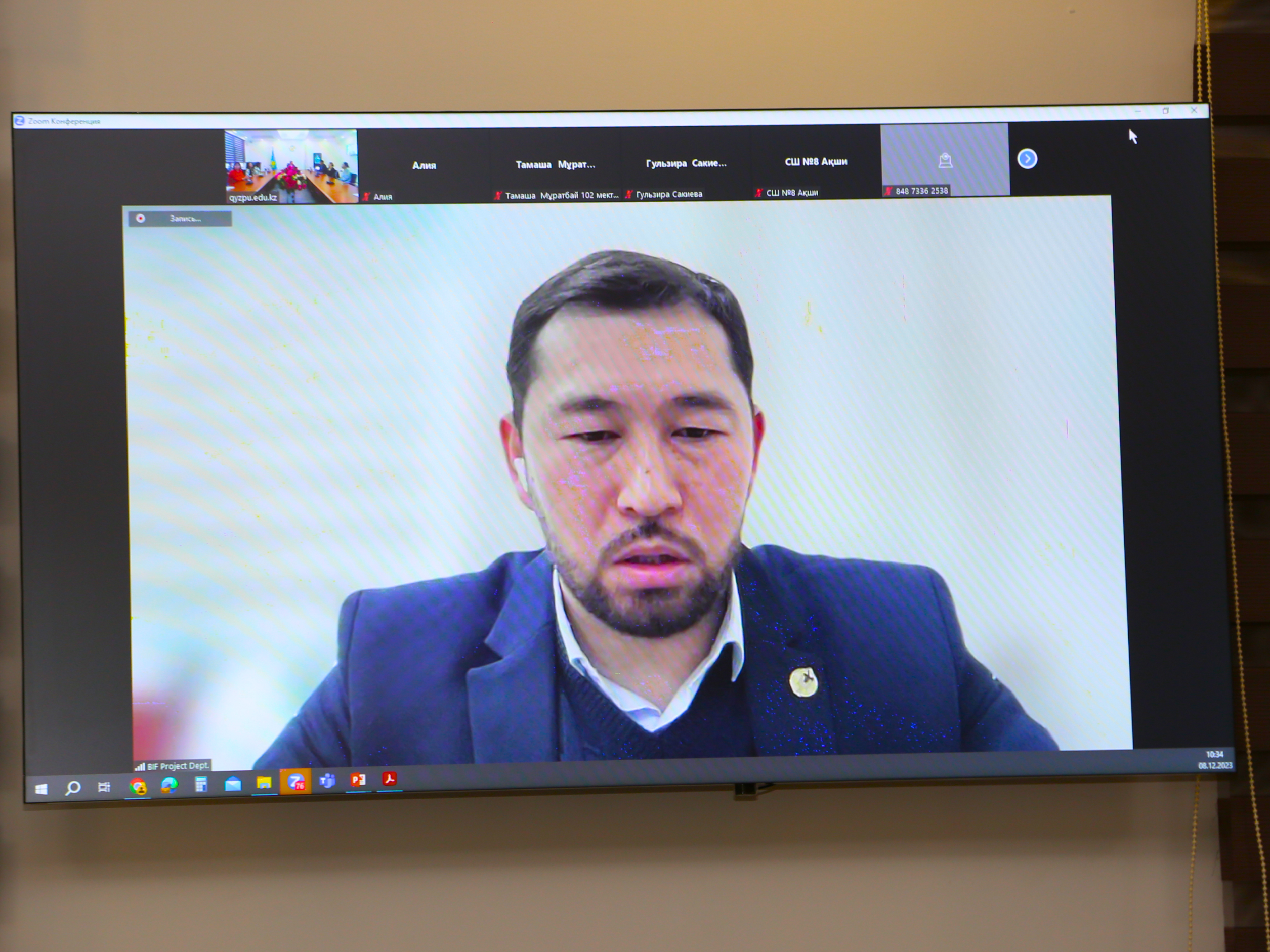
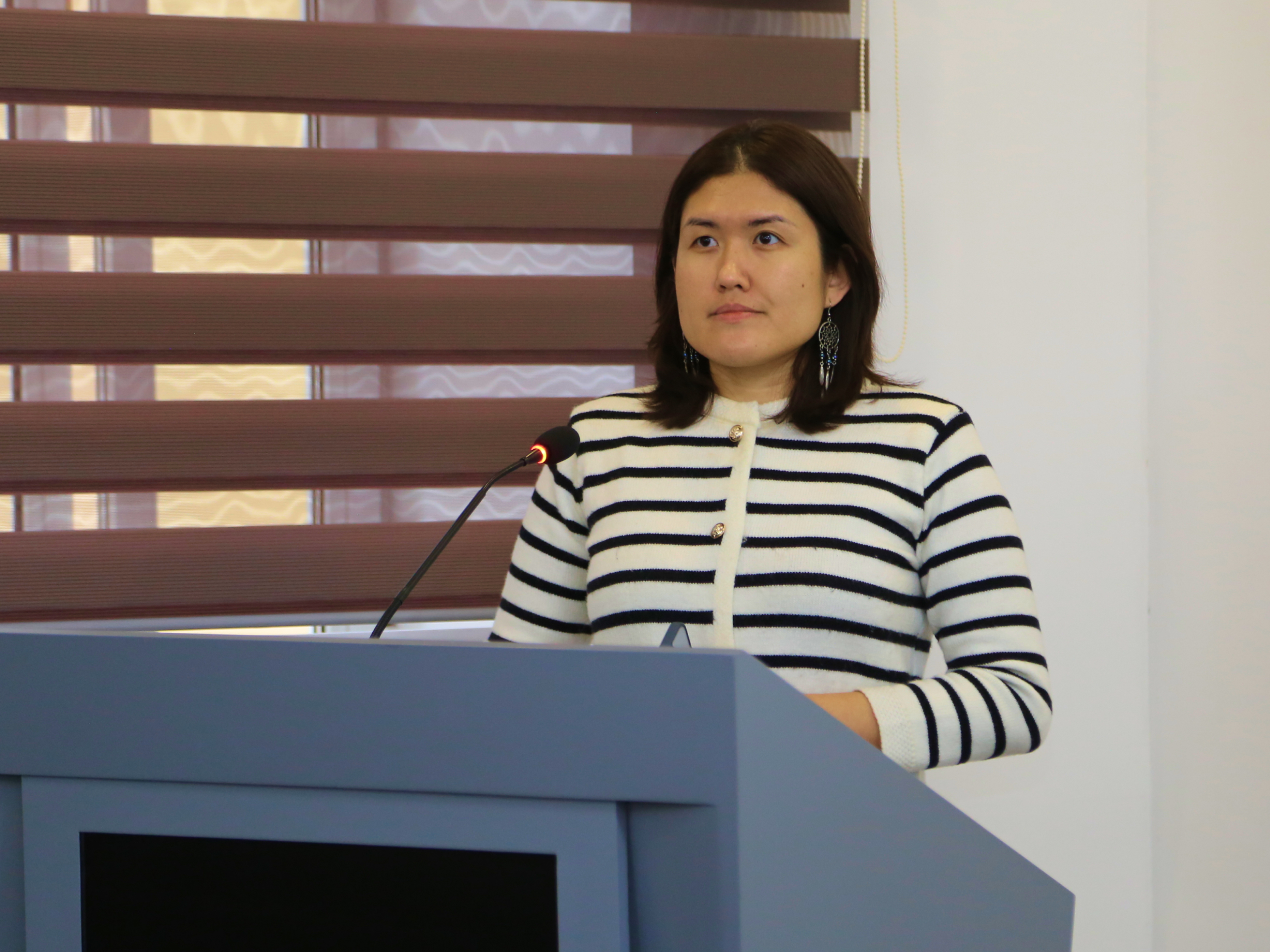
Aliya Shaikhina, founder of the Aul.Inspired project, addressed the topic "Rural Education: Why Social-Emotional Learning is Critical". Her research centres on the importance of social-emotional learning aspects in rural environments. Daniyar Toktarbayev, Head of The Fund for Sustainable Development Foundation, presented a model of sustainable rural school development. His presentation focused on the principles contributing to the sustainable functioning of educational institutions in rural areas. Aralbek Berikuly, Director of Kaznakovka School, shared his experience of developing an experimental program in small-scale schools in Kazakhstan. His research covers the search for innovative teaching methods in resource-limited settings.
"As we know from the latest PISA results, the issue of unequal quality of education in rural and urban areas remains very relevant," emphasised Zakir Jumakulov, Vice-Rector for Research and International Cooperation. In the future, the Centre for Rural Education Development will focus on data collection and research in rural education, he said. In addition, it will develop educational courses aimed at improving the quality of education in rural areas.
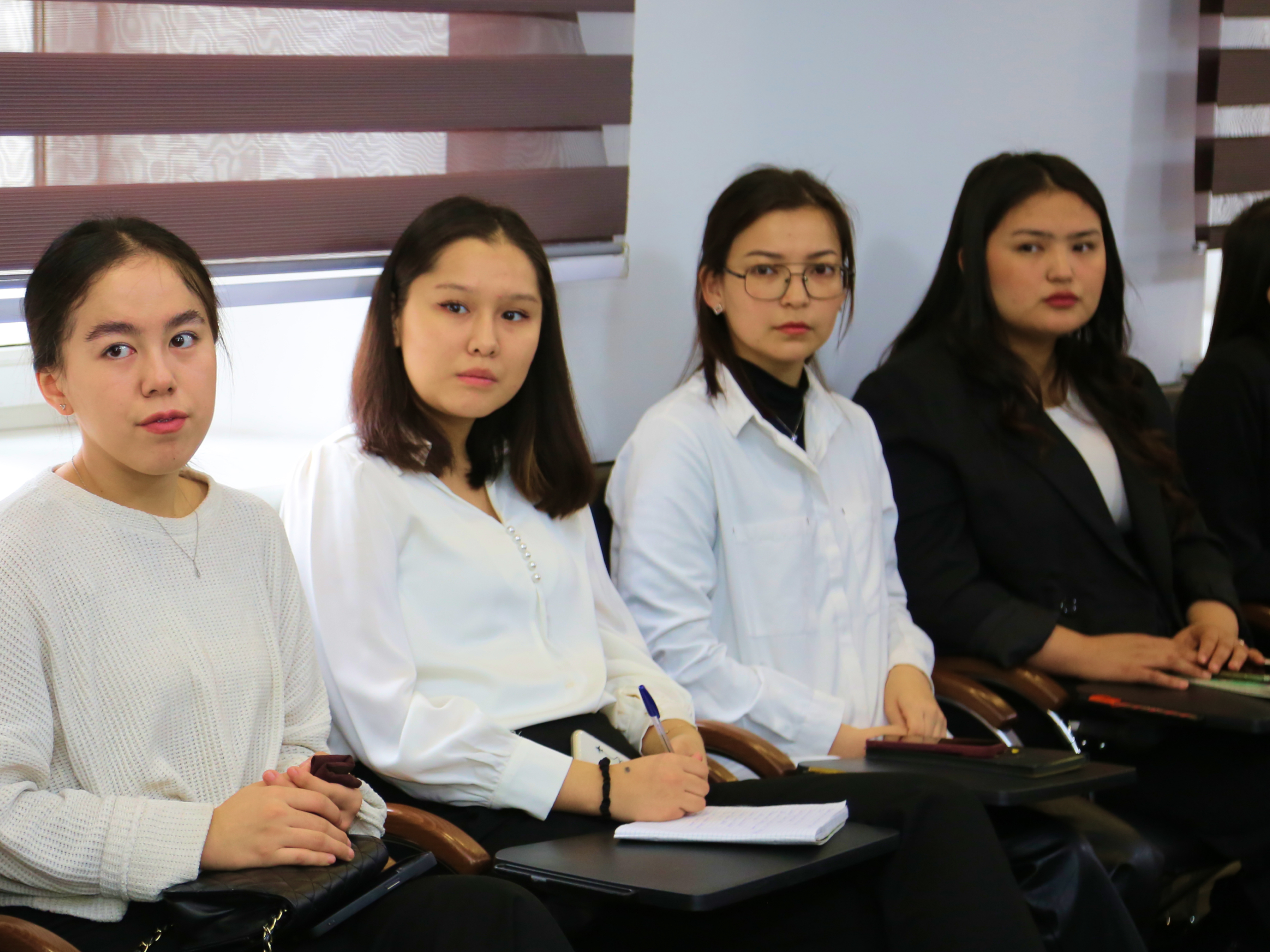
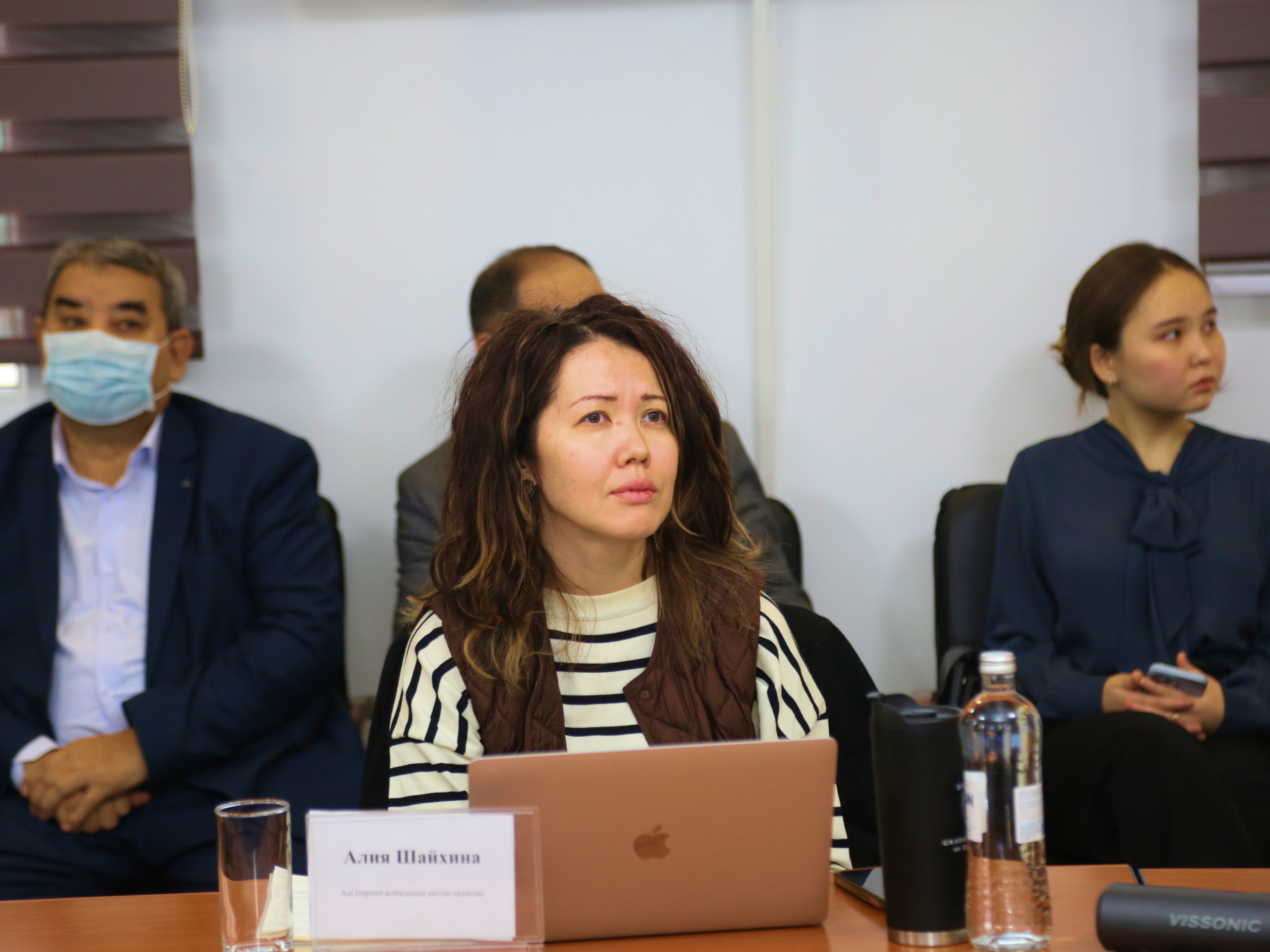
The roundtable provided a platform for an intensive exchange of knowledge, experiences and ideas among the various participants. It also launched further interaction and co-operation in the field of rural education, fostering stronger links between the research community and practitioners in the field.
Share:
-
About Us
- Rector’s Blog
- University activities
- History
- Notable Alumni
- Structure
- Corporate Governance
- Top-management
- Audit Service
- Compliance Service
- Jobs
- Academic Council
- Development Program
- External Assessment
- Quality management system
- Mission
- Sustainable development
- Infrastructure
- Media
- Normative legal documents
- Aqtumar museum
- Admission
-
Education
- Educational programs
-
Professors
- Institute of Pedagogy and Psychology
-
Institute of Philology
- Department of Theory and Methodology of the Kazakh Language
- Department of Kazakh Literature
- Department of The Russian Language and Literature
- Department of Teaching Methods of Foreign Language
- The Department of Foreign Language Teaching Methodology and Intercultural Communication
- Department of practical foreign language
- Institute of Physics, Mathematics and Computing
- Institute of Natural Sciences
-
Institutes
- Institute of Natural Sciences
- Institute of Pedagogy and Psychology
- Institute of Social Sciences, Humanities and Art
- Institute of Physics, Mathematics and Computing
-
Institute of Philology
- Deprtament of Professional Foreign Language Training
- Department of «Theory and Methodology of Kazakh Linguistics»
- Department of «The Russian Language and Literature»
- Department of «Kazakh Literature»
- Department of practical foreign language
- The Department of Foreign Language Teaching Methodology and Intercultural Communication
- Institute leadership
- College
- Educational and methodical association
- Center for Pedagogical Excellence
- Student Assistance Center
- Coordination Council
- Department of Practice and Career
- Non-formal Education Center
- Center for Women's Leadership and Entrepreneurship
- Center for the Development of Inclusive and Special Education
-
Science
- International Cooperation
- For Students
- e-University
-
-
About Us
- Rector’s Blog
- University activities
- History
- Notable Alumni
- Structure
- Corporate Governance
- Top-management
- Audit Service
- Compliance Service
- Jobs
- Academic Council
- Development Program
- External Assessment
- Quality management system
- Mission
- Sustainable development
- Infrastructure
- Media
- Normative legal documents
- Aqtumar museum
-
About Us
-
-
Education
- Educational programs
-
Professors
- Institute of Pedagogy and Psychology
-
Institute of Philology
- Department of Theory and Methodology of the Kazakh Language
- Department of Kazakh Literature
- Department of The Russian Language and Literature
- Department of Teaching Methods of Foreign Language
- The Department of Foreign Language Teaching Methodology and Intercultural Communication
- Department of practical foreign language
- Institute of Physics, Mathematics and Computing
- Institute of Natural Sciences
-
Institutes
- Institute of Natural Sciences
- Institute of Pedagogy and Psychology
- Institute of Social Sciences, Humanities and Art
- Institute of Physics, Mathematics and Computing
-
Institute of Philology
- Deprtament of Professional Foreign Language Training
- Department of «Theory and Methodology of Kazakh Linguistics»
- Department of «The Russian Language and Literature»
- Department of «Kazakh Literature»
- Department of practical foreign language
- The Department of Foreign Language Teaching Methodology and Intercultural Communication
- Institute leadership
- College
- Educational and methodical association
- Center for Pedagogical Excellence
- Student Assistance Center
- Coordination Council
- Department of Practice and Career
- Non-formal Education Center
- Center for Women's Leadership and Entrepreneurship
- Center for the Development of Inclusive and Special Education
-
Education






